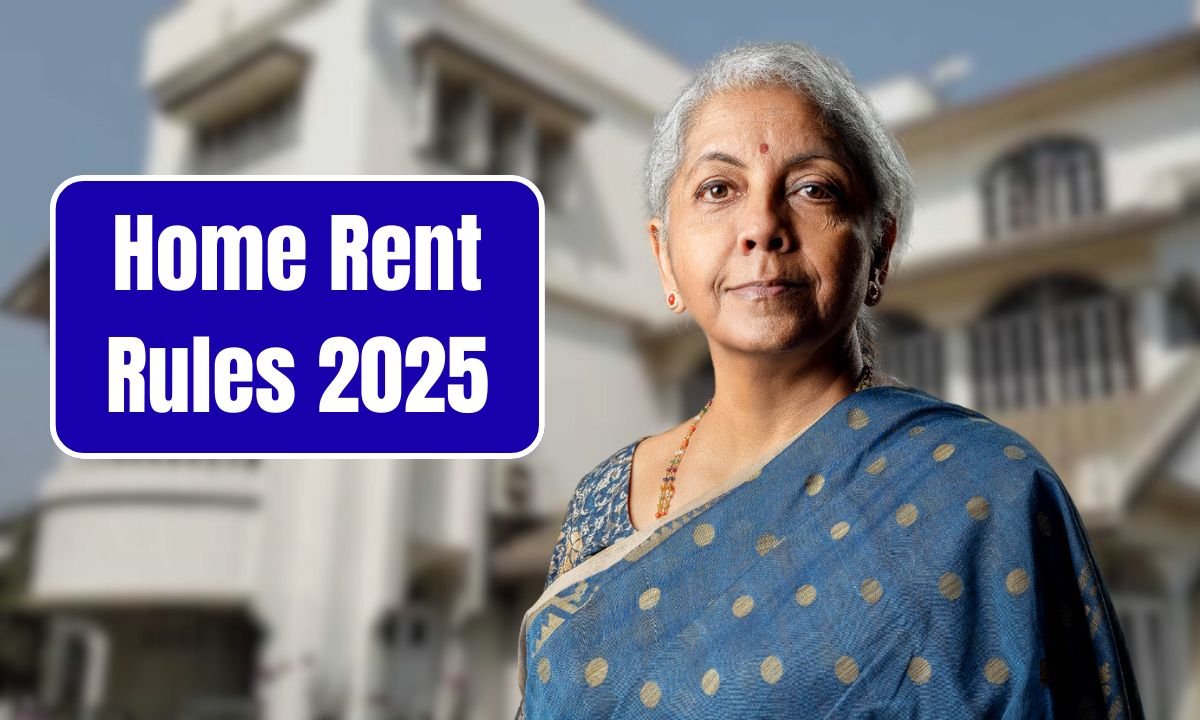Rental homes are set to become more equitable and transparent for both landlords and tenants by 2025. With tenants and property owners needing to understand their rights and responsibilities with the new rules coming into effect, both parties are set to benefit. There are major goals set to be achieved which include fewer disagreements, standardised contracts, and a more balanced rental market. Here’s everything you need to know regarding the updated home rental regulations both as a tenant looking for new homes and as a property owner looking to lease.
Standardised Rental Agreements
All rental contracts are to be in a prescribed format by the government which was not previously in place. All terms such as security deposit, maintenance, rent increases, and others are to be clarified with the new rental agreements. Both parties are now required to register the agreement online which increases legal validity, protects both parties against fraud, and enhances trust.
Cap on Security Deposits
Moving into a new home and relocating is set to become easier with landlords now limited to demanding a maximum of two months’ rent for security deposits. This new rule is also set to ease the financial burden on tenants.
Changes Regarding Rent Hikes
The ability of landlords to increase rent has undergone some limitations. The 2025 updates state that increases can occur only once per year, with a 90-day prior notice. The percentage increase should adhere to reasonable standards and be aligned with inflation rates.
Faster Dispute Resolution
Special rental courts will be set up to address landlord-tenant disputes. These courts have set 60-day timeframes to deal with common disputes such as eviction proceedings, deposit disputes, and claims of damage to property.
Tenant Rights and Responsibilities
Tenants will have stronger protections from eviction, but they also need to take care of the house. Landlords cannot evict tenants without reasonable cause and an appropriate notice period. Tenants, however, must also shoulder some responsibilities like minor repairs, routine maintenance, and payment of rent.
Digital Payment Mandate
As for the payment method, all transactions exceeding ₹5,000 must be made digitally. This provides a clear record of both parties for financial transactions, which is beneficial during tax season.
Key Takeaways for Renters and Owners
- Always use the standardised rental agreement format
- Be aware of the updated limits on security deposits
- Observe the stipulations on permissible legal increases in rent
- Keep digital records of all transactions
- Know your rights pertaining to eviction notifications
The updated regulations on home rent for 2025 mark a significant step towards an organised framework dealing with renting and leasing in India. If these rules are adhered to, tenants stand to gain a lot in terms of legal stability and predictability, while landlords would appreciate more defined legal boundaries. Make sure to stay updated to ease renting in the coming year.


